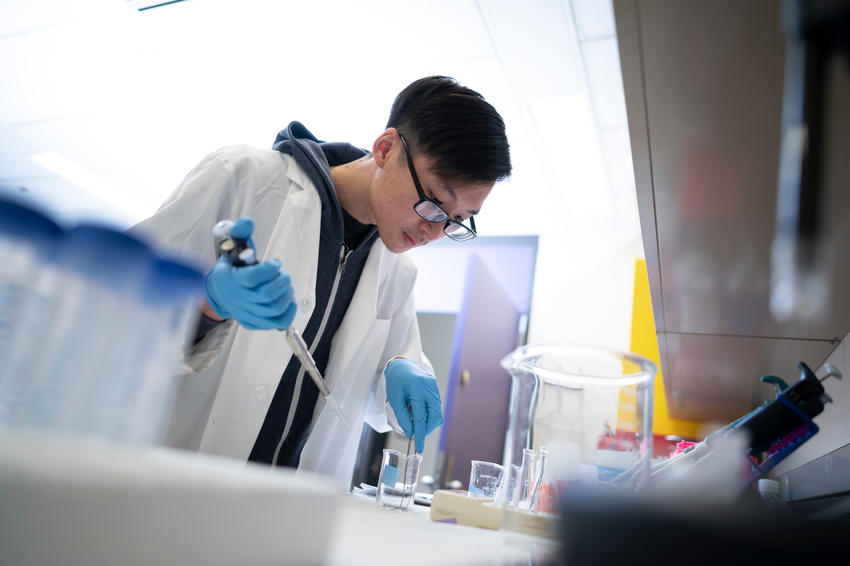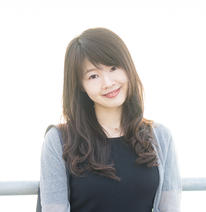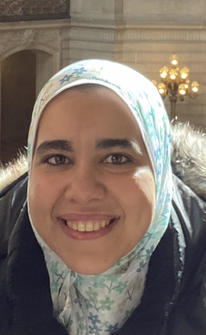Key Opinion Leader partnership provides mentorship and support to young scholars

With help from 3Mgives, the School of Dentistry is empowering international dental scholars with the opportunity to study in Minnesota and bring their talents and findings back to their home countries.
The Key Opinion Leader (KOL) program invites scholars from developing countries to join the Minnesota Dental Research Center for Biomaterials and Biomechanics (MDRCBB). Researchers carry out studies related to their own interests while also shadowing clinical faculty, learning new skills through the technology and resources available at the MDRCBB, visiting industry leaders and participating in conferences. KOL began with a gift from 3Mgives in 2016.
“The program develops the next generation of leaders by empowering scholars from around the world with the current knowledge and research skills for the betterment of global oral health,” explained Alex Fok, PhD, MSc, director of the MDRCBB and of the KOL program. “Scholars are able to work at a world-class institute with people from very diverse backgrounds and experiences.”
Scholars come from throughout the world and bring their own interests and experiences, but no matter where they come from, they leave with the skills and motivation to further their academic futures.
Fei Lin, an endodontist and faculty member at Peking University School and Hospital of Stomatology, came to the MDRCBB in 2019 to sharpen her engineering skills—and those skills led to her publishing a number of papers on the structural integrity of endodontic teeth.
Lin feels honored to have been part of the program, where she learned new ways of conducting research and finite element analysis. She appreciates the support for young researchers—but most of all, she recalls the community that supported her while she was there.
“Dr. Alex Fok is a great scientist, a kind professor and also a friend,” she said. “He taught me research skills, but also the rigorous attitude needed to do research. That still influences me today.”
Lin recalls the friends she made at the MDRCBB and the close-knit community who celebrated one another’s birthdays and supported one another no matter what. “The MDRCBB is a very warm place,” she said, “and I met a lot of lovely people there.”
Maha Salah also found support in her research through the MDRCBB. An Egyptian assistant lecturer at Ain-Shams University, she found her way to the KOL program when the COVID-19 shutdown altered her research timeline. She studied the remineralization of different stages of demineralized enamel using non-destructive techniques.
Salah used her time at the MDRCBB to attend seminars and discussions, write and present her work virtually. “That was so beneficial for me, to get that practice,” she recalled. “Working within an environment that has different specialties and areas of expertise allowed me to broaden my mind and show me different perspectives in research.” She appreciated the way learning with scholars from different backgrounds and cultures enriched the experience. “It made me curious to know more.”
In addition to financial and intellectual support, Salah recalls the care she received when she found herself far from home and her family in the early days of the pandemic. “Everyone showed me so much support and care,” she said. “I will always be grateful to Dr. Hooi-Pin Chew not only for being a great advisor, but for her support and consideration of my fears at the time.”
Fok appreciates seeing the ways scholars grow throughout the program, but also recognizes that the School of Dentistry benefits from hosting scholars. “The program puts it on the global stage, and it attracts the best talent from around the world. Those scholars form lasting relationships with us, maintaining them after they return to their own countries.”
But most of all, Fok loves watching what happens with the scholars every step of the way.
“My favorite part is seeing scholars develop into inquisitive scientists who grow in confidence, applying new skills and knowledge in their research,” he said. “I have gained a lot of satisfaction working with the scholars, then continuing to see them develop as they return home.”

